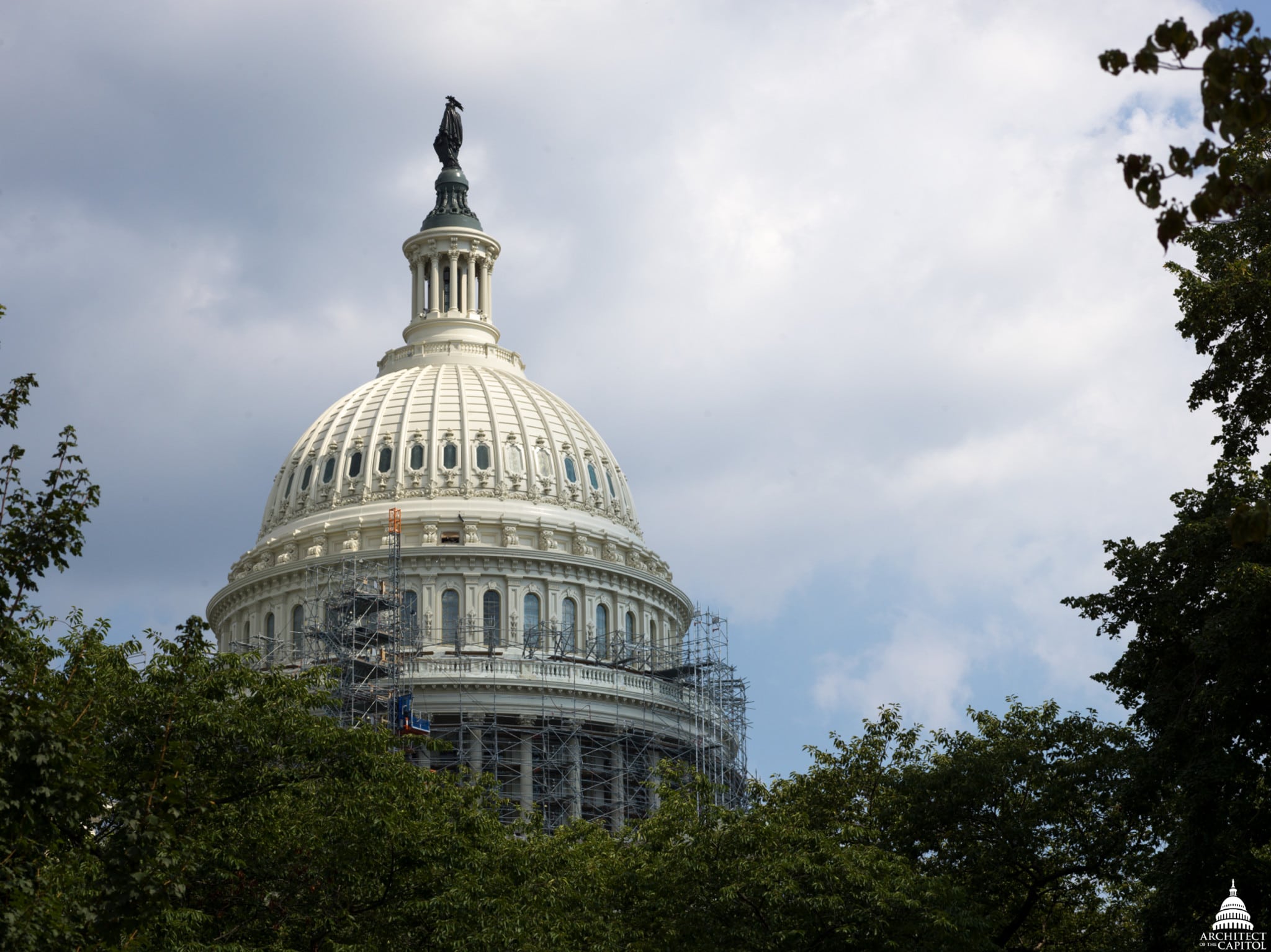
With the conclusion of the Congressional summer recess comes the commencement of the energy bill conference committee. Members of the committee tasked with finding common ground between the Senate and House versions of the Energy Policy Modernization Act met Thursday morning to make opening statements.
The meeting, during which no bill text or amendments were considered, consisted largely of congratulatory statements and promises of bipartisanship, though a few conferees took the opportunity to make clear their issues with the bill. “This is our chance colleagues, this is our chance to modernize our energy policy, it’s our opportunity to update policies that have not been updated now in almost nine years. It’s an opportunity for us to help the people that we serve, so let’s work together, let’s finish the job, let’s prove the skeptics wrong,” conference chairman Sen. Lisa Murkowski (R-Alaska) said.
The bill, which started out in Murkowski’s Energy and Natural Resources Committee with strong bipartisan support, persevered through a lengthy battle on the floor of the upper chamber before heading to the House in April, where bipartisanship was quickly scrapped in favor of partisan amendments sure to garner a White House veto.
That shift to the right led negotiators in the Senate to dig their heels in, refusing to go to conference until the House negotiators had agreed to drop the controversial language. House Republicans in July agreed to support a final conference report that does not risk veto and days before leaving for the annual seven-week summer recess the Senate voted to go to conference.
The bill aims to save energy, expand domestic energy supplies, enable infrastructure investment, protect the electric grid, boost energy trade, improve the performance of federal agencies, and renew effective conservation programs.
Sen. Maria Cantwell (D-Wash.), ranking member of the Energy and Natural Resources Committee, acknowledged that the bill was not ideal from a Democratic standpoint, but urged fellow conferees to work together to develop a realistic conference report. “I don’t think it’s a perfect bill that we passed out of the Senate but it was a very conscious decision to work jointly on a path that moved this forward, so I hope that this conference committee will do the same thing,” she said.
On the top of the list of Democratic issues with the bill was the lack of acknowledgment of climate change. “Any modern energy policy must deal with climate change. Certainly, we have made progress with renewable energy and efficiency, but there is much more that we can, and must, do to reduce our overall energy use and to switch to cleaner energy sources,” Rep. Frank Pallone (D-N..J), ranking member of the House Energy and Commerce Committee, said.
The Senate version of the bill addresses issues of climate better than the House version, though neither goes far enough, Rep. John Sarbanes (D-Md.) said. “I’m keeping an open mind, but I have to say, I’m skeptical that we can produce a final bill that can earn my support and more importantly one that can be signed into law by the president.”